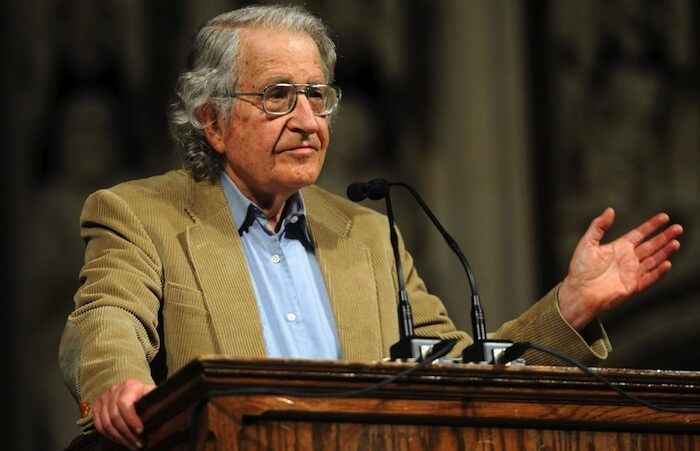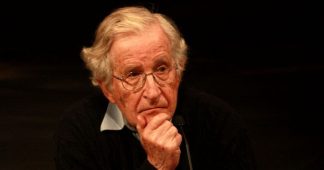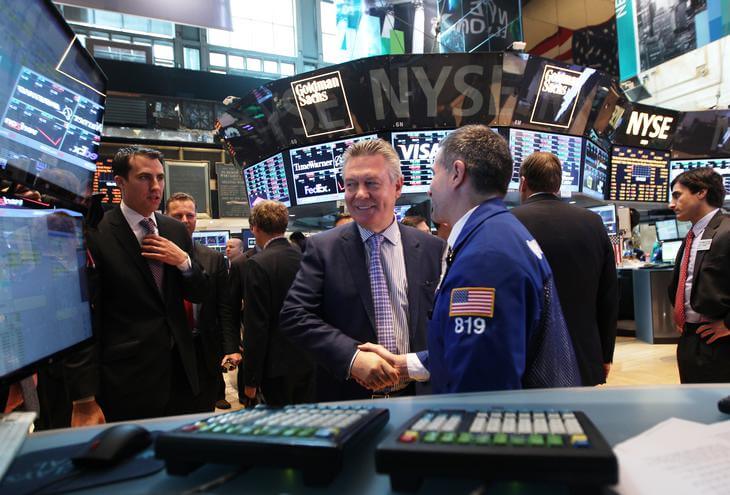France’s right-wing presidential candidate Marine Le Pen, who is rooting for a referendum regarding France’s membership in the EU, stands a good chance of winning the elections and thus likely initiating the so-called Frexit, Chomsky said in an interview with RT on Wednesday.
“I don’t think Germany would initiate it [the collapse of the EU] because they are beneficiaries of the union,” Chomsky said.
“If the union falls apart, I think it would be a tragic development,” he added.
Chomsky said that failed “neo-liberal policies of the past generation” influenced such a significant rise in popularity of the right-wing parties.
“These programs were designed in such a way so that they would lead to stagnation and even decline for a large part, actually, majority of the population. They also severely undermined democracy, which is even more true in Europe than in the US,” he said.
“The result of these processes is that people are angry, disillusioned, their hopes for the future have collapsed,” Chomsky said.
While lauding the European integration as one of the “great achievements of the post-WWII period,” Chomsky said it has become practically dysfunctional.
“The establishment of a single currency without the proper political structure is a recipe for disaster,” he said.
There are “no mechanisms for the rich sectors to assist the poor sectors in times of difficulty” in the EU, Chomsky continued, speaking of the underlying reasons for such a development.
There’s a “rigid structure” in the European countries such as Greece or Italy that do not have “control over their currencies” and there is “no compensatory system that exists in the federal structure like in the United States,” Chomsky said.
“In Europe, whoever is elected, no matter where they are in the political spectrum, the policies are going to be the same, because they are not determined by the policies in their countries,” Chomsky said, citing the Wall Street Journal, adding that the polices all go back to “unelected bureaucracies” and there’s no way for a EU country to act in its own interest.
According to Chomsky, the agenda of such groups as Greek Finance Minister Yanis Varoufakis’s DiEM25 (Democracy in Europe Movement 2025), which seeks to preserve the EU by overcoming problems within it, is a “more constructive approach.”
He also discussed the agenda of US President-elect Donald Trump, who has been dubbed an “anti-establishment” candidate – the idea Chomsky doesn’t agree with.
“Take a look at Trump and who he has appointed for the cabinet. Secretary of Treasury, most important position, determines what happens in the economy, is he anti-establishment? He comes from Goldman Sachs,” Chomsky pointed out.
Stock values in financial institutions that “escalated to the sky” when Trump was elected also “show how anti-establishment he is,” Chomsky said.











